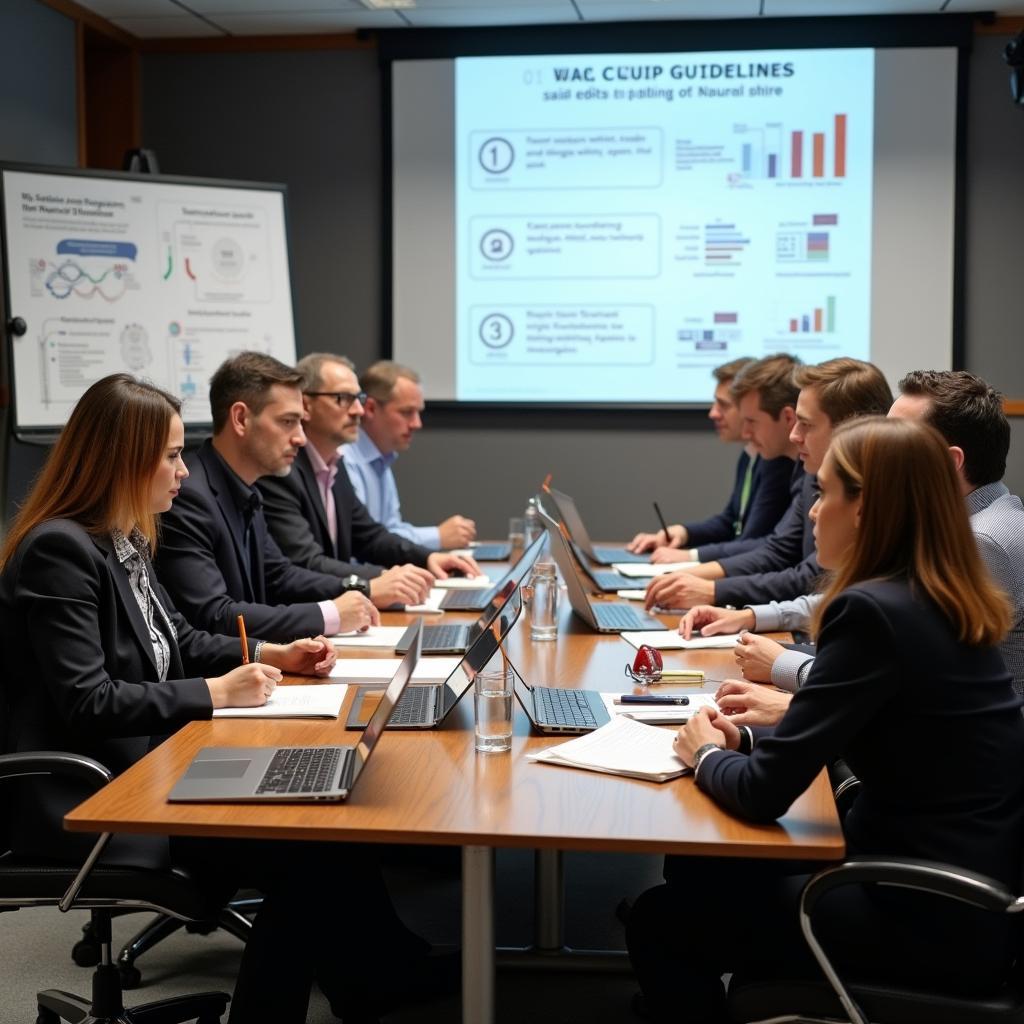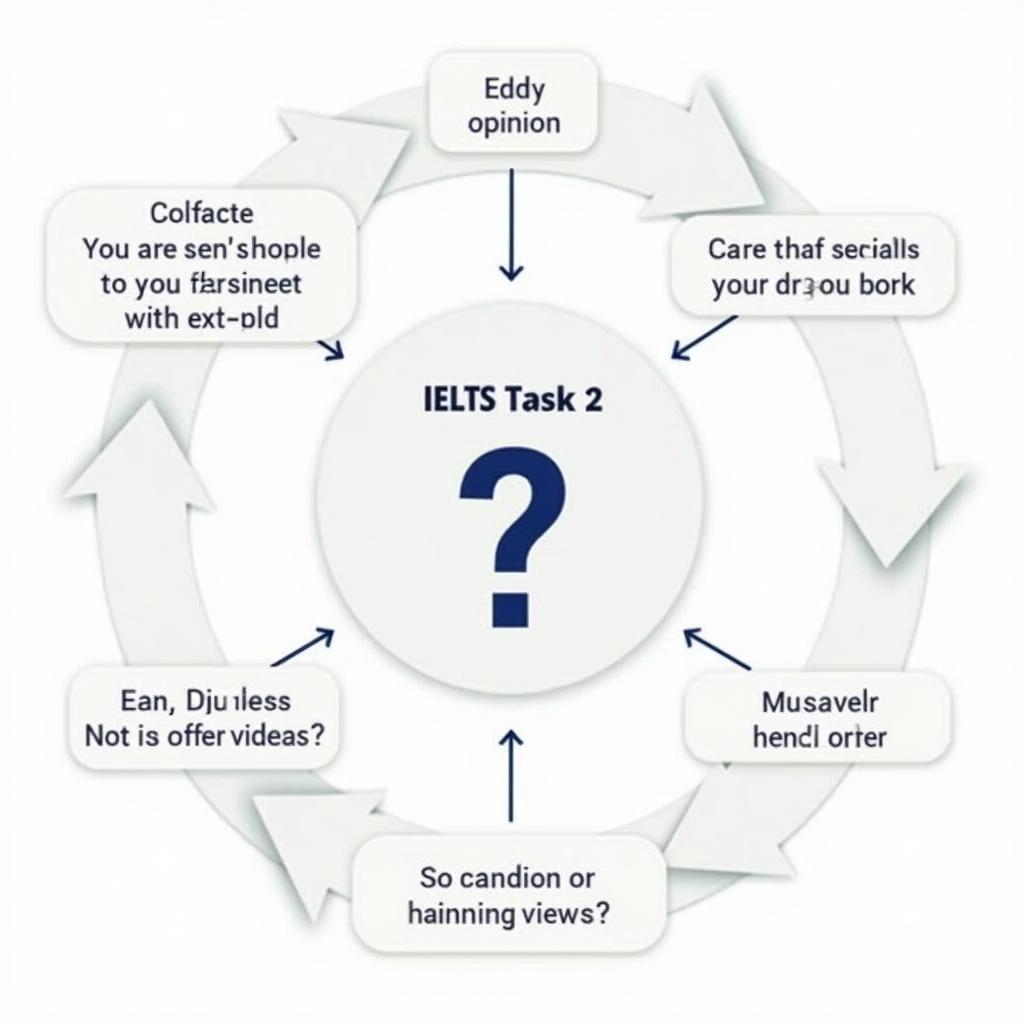Media ethics has consistently appeared in IELTS Writing Task 2 questions over the past decade, particularly in relation to journalism, social media, and digital content creation. Based on analysis of past exam questions, this topic shows a high probability of appearing in future tests, especially given its growing relevance in our digital age.
Nội dung bài viết
The need for ethical advertising standards is closely related to media ethics, as both concepts focus on responsible communication practices.
Task Analysis
Some people believe that media companies should be required to verify all information before publishing it, while others argue this would limit press freedom. Discuss both views and give your opinion.
This question requires:
- Discussion of both perspectives
- Clear position statement
- Balanced analysis
- Relevant examples
- Logical conclusion
 Media fact-checking and verification process in newsroom
Media fact-checking and verification process in newsroom
Sample Essay 1 (Band 8-9)
The debate over mandatory fact-checking in media raises important questions about balancing accuracy with journalistic freedom. While both perspectives have merit, I believe a balanced approach combining verification requirements with press autonomy is essential.
Those advocating for mandatory verification argue that misinformation can have severe societal consequences. When false news spreads, it can influence public opinion, affect financial markets, and even impact democratic processes. For instance, during the COVID-19 pandemic, unverified health information led to public confusion and potentially dangerous self-medication practices. Implementing strict verification protocols could prevent such scenarios and enhance public trust in media institutions.
However, opponents contend that requiring verification of all information could seriously impede journalistic work. The importance of ethical business practices shouldn’t overshadow the need for timely reporting. Breaking news stories often rely on rapid dissemination of information, and extensive verification processes could result in significant delays. Moreover, whistleblower stories and investigative journalism might become impossible if every detail required prior verification.
In my view, the solution lies in establishing flexible verification standards that vary based on the nature of the content. High-impact stories affecting public safety or national interests should undergo rigorous fact-checking, while allowing more flexibility for live reporting and developing stories. This approach would maintain media responsibility while preserving the essential aspects of press freedom.
 Editorial team discussing ethical guidelines in newsroom
Editorial team discussing ethical guidelines in newsroom
Sample Essay 2 (Band 6-7)
The question of whether media companies should verify all information before publishing is a complex issue. There are good arguments on both sides, and I will discuss them before giving my opinion.
On one side, many people think verification is very important. This is because fake news can cause big problems in society. When people read wrong information, they might make bad decisions. For example, if a newspaper publishes wrong information about a company, it could affect the stock market. Also, false health information can be dangerous for people.
However, other people think that checking everything would make news too slow. Journalists need to report news quickly, especially for breaking stories. If they have to verify everything, they might miss important deadlines. Also, some stories come from secret sources, and it’s not always possible to check everything.
I think both sides have good points, but we need some balance. Maybe we can have different rules for different types of news. Important news about health or safety should be checked carefully, but other news can be faster. This way, we can have both accurate and quick news.
Key Vocabulary
- misinformation (n) /ˌmɪsɪnfərˈmeɪʃən/ – false or incorrect information
- dissemination (n) /dɪˌsemɪˈneɪʃən/ – the act of spreading information widely
- whistleblower (n) /ˈwɪsəlˌbləʊə(r)/ – person who exposes wrongdoing
- rigorous (adj) /ˈrɪɡərəs/ – extremely thorough and careful
- verification (n) /ˌverɪfɪˈkeɪʃən/ – the process of establishing truth or correctness
High-Scoring Sentence Patterns
- Complex Conditional: “While strict verification might ensure accuracy, it could potentially compromise the timeliness of news reporting.”
- Concession Structure: “Despite the compelling arguments for press freedom, the need for accuracy cannot be overlooked.”
- Parallel Structure: “It affects not only public opinion but also shapes political discourse and influences social behavior.”
Remember to practice writing your own essay on this topic and share it in the comments for feedback and improvement suggestions.


